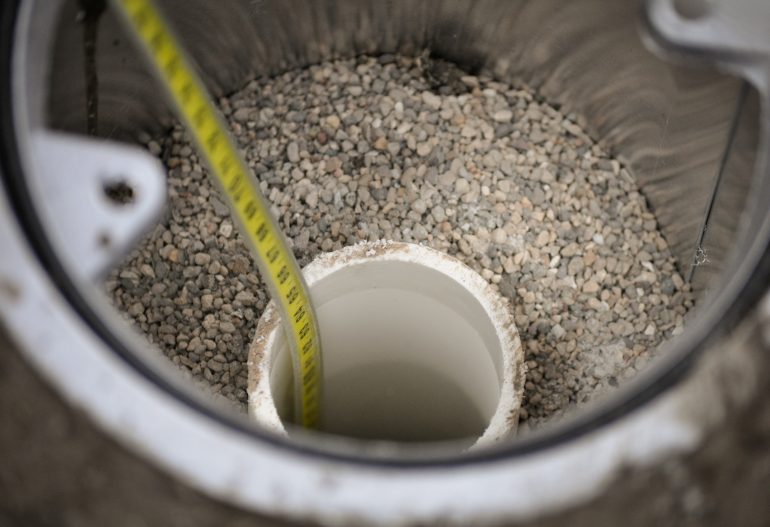A Certificate of Property Use (CPU) is a legal instrument issued by Ontario’s Ministry of the Environment, Conservation and Parks (MECP). It outlines the requirements property owners must follow to appropriately manage environmental conditions identified on their site, and are often connected to a Risk Assessment or Record of Site Condition (RSC).
At AEL Environment, we support property owners, managers, prospective buyers and land developers in interpreting and meeting the requirements outlined in a site’s CPU. Our goal is to help stakeholders navigate compliance and maintain properties in a condition suitable for their intended use.
Why CPU’s Matter
A CPU outlines site-specific conditions set by the MECP to help manage environmental risks from contaminants that exist on a property that don’t meet generic environmental standards but can be addressed through site-specific precautions. CPU conditions can influence how a property is used or developed and may include:
- Restrictions on how certain areas of the property can be used or developed
- Ongoing monitoring, recording and reporting obligations
- Installation of equipment to track and mitigate potential risks
Because the MECP can modify or revoke a CPU at any time, it’s essential for owners to maintain compliance and keep thorough records.


Let’s Talk About Your Site’s CPU
Speak with one of our environmental experts to discuss your site specifics, and how AEL can support you today.
CPU Monitoring Requirements
Many Certificates of Property Use (CPUs) include ongoing environmental testing and monitoring obligations to mitigate potential risks associated with contamination. Depending on the site, its use and nature of the impacts in soil and groundwater, these requirements may involve:
- Air and Vapour Monitoring – Assessing for hazardous gases such as volatile organic compounds (VOCs) that may migrate into indoor air from subsurface contamination, particularly in commercial or industrial buildings. For instance, properties built on or near former industrial or dry-cleaning sites may require regular indoor air sampling to detect chlorinated solvents like trichloroethylene (TCE), which can pose human health risks if present at elevated levels.
- Groundwater Monitoring – Tracking contaminant levels to identify any movement to or from surrounding soil or water systems.
- Regular Reporting – Monthly, bi-annual, or annual reporting to demonstrate compliance with MECP requirements.
For brownfield sites, decommissioned industrial sites, or properties with a history of chemical use, ongoing monitoring plays a key role in maintaining safe conditions for occupants and nearby communities, and in some cases, cities and municipalities may offer brownfield grants to help offset the costs of complying with a CPU.
Trusted, Reliable CPU Support
AEL simplifies your CPU compliance by reviewing your CPU and navigating the technical and regulatory details for you. Our services include:
- Conducting air, vapour, and groundwater sampling using MECP-approved protocols.
- Analyzing data and preparing clear reports for property owners and the Ministry.
- Strategic consulting to explore options for reducing obligations over time.
Managing a Certificate of Property Use doesn’t need to be overwhelming. With AEL Environment, you can have confidence in fulfilling your CPU obligations efficiently and cost-effectively.

